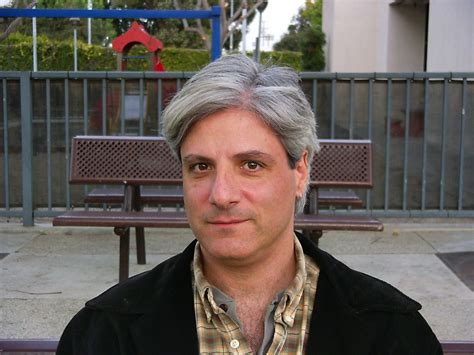A Quote by Amos Bronson Alcott
Experience converts us to ourselves when books fail us.
Related Quotes
It is quite beyond me how anyone can believe God speaks to us in books and stories. If the world does not directly reveal to us our relationship to it, if our hearts fail to tell us what we owe ourselves and others, we shall assuredly not learn it from books, which are at best designed but to give names to our errors.
If the book we are reading does not wake us, as with a fist hammering on our skull, why then do we read? So that it shall make us happy? Good God, we should also be happy if we had no books, and such books as make us happy we could, if need be, write ourselves. But what we must have are those books which come upon us like ill fortune, and distress us deeply, like the death of one we love better than ourselves; like suicide. A book must be an ice-axe to break the sea frozen inside us.
The most influential books, and the truest in their influence, are works of fiction. They repeat, they re-arrange, they clarify the lessons of life; they disengage us from ourselves, they constrain us to the acquaintance of others; and they show us the web of experience, but with a singular change-that monstrous, consuming ego of ours being, nonce, struck out.
Books may not change our suffering, books may not protect us from evil, books may not tell us what is good or what is beautiful, and they will certainly not shield us from the common fate of the grave. But books grant us myriad possibilities: the possibility of change, the possibility of illumination.
We think that by protecting ourselves from suffering, we are being kind to ourselves. The truth is we only become more fearful, more hardened and more alienated. We experience ourselves as being separate from the whole. This separateness becomes like a prison for us - a prison that restricts us to our personal hopes and fears, and to caring only for the people nearest to us. Curiously enough, if we primarily try to shield ourselves from discomfort, we suffer. Yet, when we don't close off, when we let our hearts break, we discover our kinship with all beings.
Energy-fire experiences take us into ourselves only that we might reach outside of ourselves. Metanoia is a de-centering experience of connected-ness and community. It is not an exercise in reciting what Jesus has done for me lately. Energy-fire ecstasy, more a buzz than a binge, takes us out of ourselves, literally. That is the meaning of the word 'ecstatic.'
. . . The books we need are the kind that act upon us like a misfortune, that make us suffer like the death of someone we love more than ourselves, that make us feel as though we were on the verge of suicide, or lost in a forest remote from all human habitation-a book should serve as an axe for the frozen sea within us.



































